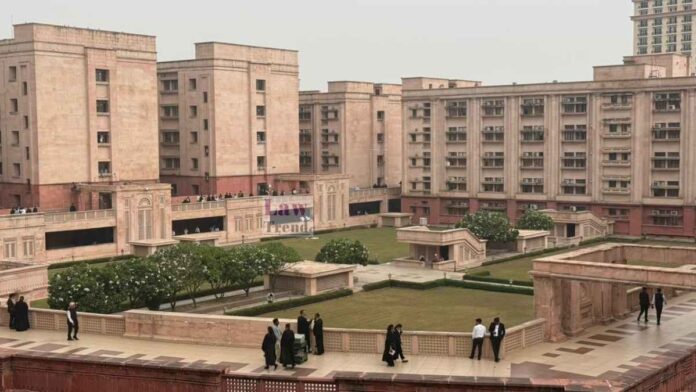The High Court of Judicature at Allahabad, Lucknow Bench, has allowed a criminal appeal and granted bail to an accused, setting aside a Special Judge’s order that had rejected his bail application. Justice Pramod Kumar Srivastava observed that the material on record, including the prosecutrix’s statement, indicated a “consensual relationship” and that the lower court
To Read More Please Subscribe to VIP Membership for Unlimited Access to All the Articles, Download Available Copies of Judgments/Order, Acess to Central/State Bare Acts, Advertisement Free Content, Access to More than 4000 Legal Drafts( Readymade Editable Formats of Suits, Petitions, Writs, Legal Notices, Divorce Petitions, 138 Notices, Bail Applications etc.) in Hindi and English.




